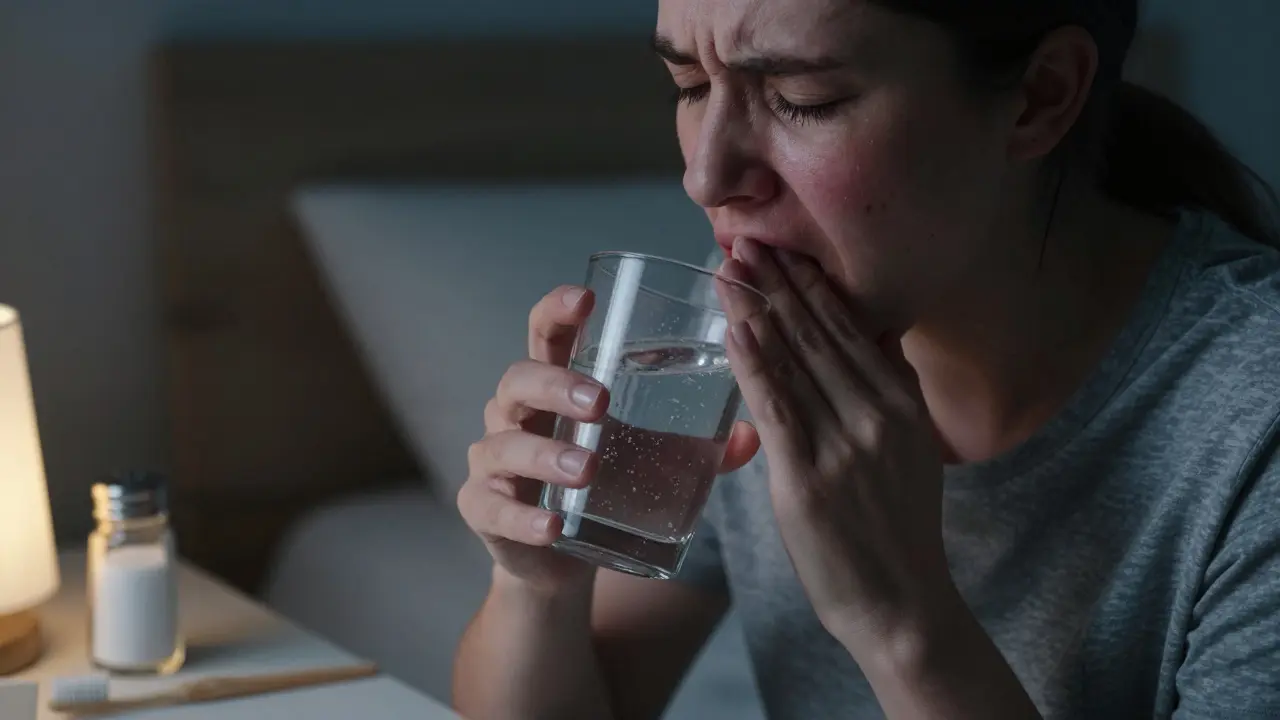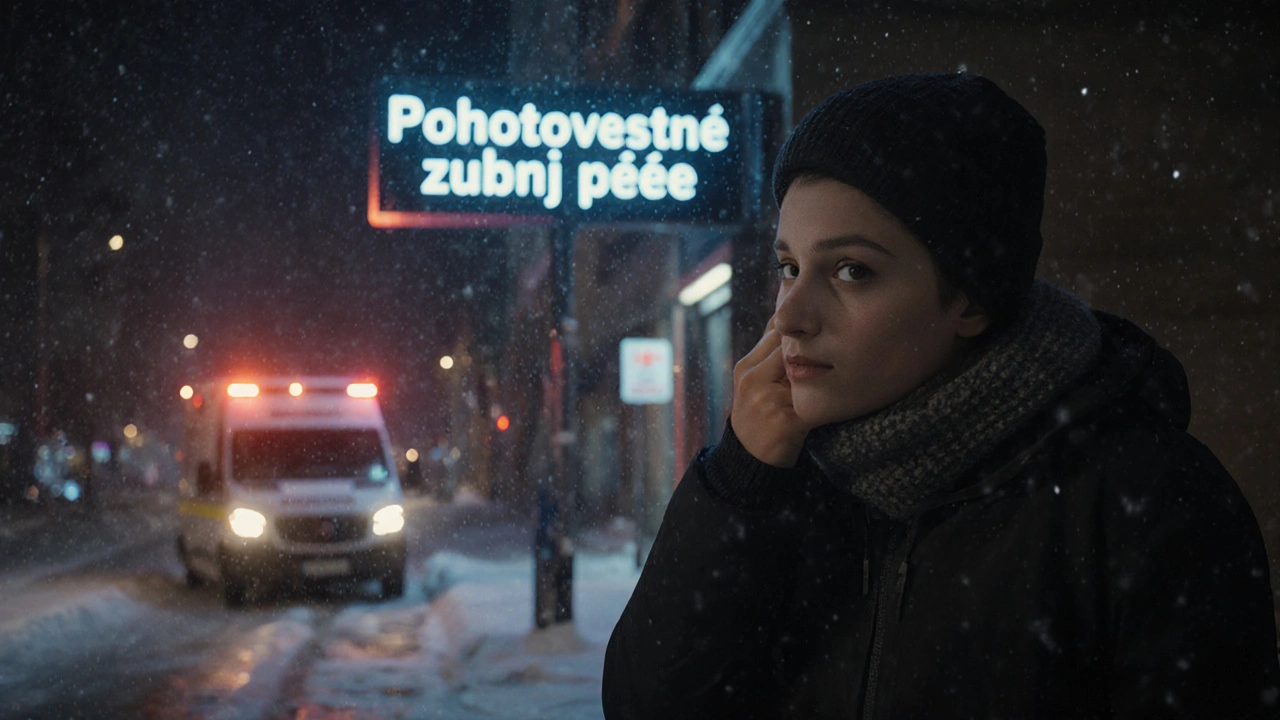When you're in sudden, sharp pain, you don't need a lecture—you need help zubní pohotovost, nouzová zubní péče, která zasáhne ihned, když trápí bolest, otok nebo ztráta zubu. Also known as nouzová stomatologie, it's not about fancy equipment—it's about getting you out of pain before bedtime, before work, before you lose sleep over a broken tooth. This isn't a luxury. It's a necessity. And if you've ever woken up with a throbbing molar or bitten into something cold and felt a jolt through your jaw, you know exactly what that means.
Most people think zubní pohotovost means just pulling a tooth. But it's so much more. It includes zubní infekce, zánět v kořeni zubu, který může rychle šířit bakterie do krve a způsobit vážné komplikace, zubní bolest, nejen způsobená kazem, ale i trhlinou, odhaleným nervem nebo zánětem dásní, and even cracked crowns or loose implants that need immediate attention. You don't wait for Monday. You call now. Because pain doesn't care about office hours.
What you'll find in these posts isn't just theory. It's what actually happens when something breaks. How to tell if your toothache is just sensitivity or a full-blown abscess. What to do before you even get to the clinic—ice, saltwater rinse, or avoiding certain foods. Why some people think antibiotics will fix everything (they won't). And how to avoid ending up in emergency care because you ignored a small ache for weeks.
Don’t reach for the painkiller first. Figure out why it hurts. Is it cold? Sweet? Pressure? That tells you what’s wrong. If it’s a sharp, sudden pain when you bite down, it could be a cracked tooth. If it’s a dull, constant throb, it’s likely an infection. If your gum is swollen and you taste metal or bad fluid—you’ve got an abscess. These aren’t the same problems. And they don’t get fixed the same way.
Some people try to wait it out. They think it’ll go away. But infections don’t heal on their own. They just spread. And when they do, you’re not just losing a tooth—you’re risking your whole mouth, even your overall health. That’s why zubní pohotovost exists. Not to scare you, but to stop things before they get worse.
What you’ll read here are real stories from people who waited too long—and what they learned. How one woman saved her tooth by rinsing with saltwater and calling right away. How another lost two teeth because she thought ibuprofen was enough. You’ll learn what’s actually worth trying at home, and what only a dentist can fix. No fluff. No marketing. Just what works.
Whether you’re dealing with a broken crown, a loose implant, or a tooth that’s suddenly sensitive to air—you’re not alone. And you don’t have to suffer until your next appointment. The posts below cover every step: what to do immediately, what to expect at the clinic, how to recognize danger signs, and how to prevent this from happening again. This isn’t just about fixing teeth. It’s about taking back control when your mouth betrays you.

Jak rychle ulevit od bolesti zubů, když není zubní lékař k dispozici? Praktické rady pro okamžitou úlevu, co dělat a co vynechat, když vás překvapí akutní bolest zubů.
Zobrazit více
Zjistěte, kdy se neplatí poplatek za pohotovostní zubní péči v Praze. Víte, že akutní bolest nebo úraz nevyžadují dodatečné poplatky? Zjistěte svá práva a jak se bránit nelegálním účtům.
Zobrazit více